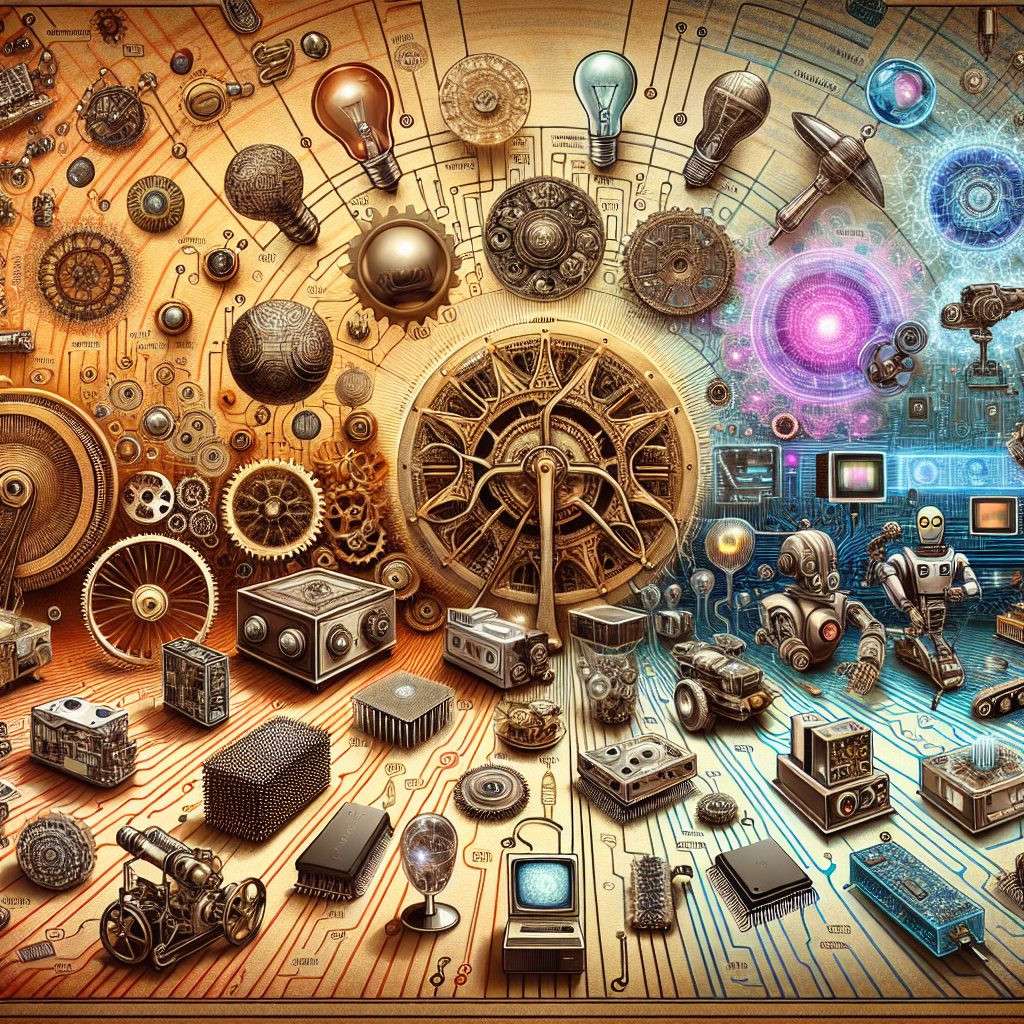Artificial Intelligence (AI) has come a long way since its inception. From simple rule-based systems to complex neural networks, AI has continuously evolved and continues to push the boundaries of what is possible. In this article, we will explore the evolution of AI development and discuss what the future holds for artificial intelligence.
The Early Days of AI
The history of AI can be traced back to the 1950s when the term was first coined by John McCarthy. In the early days, AI was focused on developing rule-based systems that could mimic human behavior in a limited capacity. These early AI systems were largely based on symbolic reasoning and logical deduction.
One of the landmark achievements in early AI development was the creation of the Logic Theorist by Allen Newell and Herbert Simon in 1955. The Logic Theorist was able to prove mathematical theorems using symbolic logic, demonstrating the potential of AI to perform complex tasks.
The Rise of Machine Learning
In the 1990s, the field of AI saw a shift towards machine learning techniques. Machine learning algorithms allowed AI systems to learn from data and improve their performance over time. This marked the beginning of a new era in AI development, with the focus shifting towards building AI systems that could adapt and evolve.
One of the major breakthroughs in machine learning was the development of deep learning algorithms. Deep learning models, inspired by the structure of the human brain, revolutionized AI development by enabling AI systems to process vast amounts of data and extract meaningful patterns.
The Current State of AI
Today, AI is everywhere, from virtual assistants like Siri and Alexa to self-driving cars and predictive analytics systems. AI has made significant advancements in natural language processing, computer vision, and robotics, among other fields.
One of the key drivers of AI development today is the availability of big data and powerful computing resources. The explosion of data in recent years has enabled AI systems to learn from massive datasets and make accurate predictions in real-time.
What’s Next for AI?
The future of AI holds tremendous promise. As AI continues to evolve, we can expect to see significant advancements in areas such as reinforcement learning, neurosymbolic AI, and explainable AI. These new technologies will enable AI systems to make more informed decisions and solve complex problems.
AI is also expected to play a pivotal role in various industries, including healthcare, finance, and transportation. AI-powered systems will revolutionize the way we diagnose diseases, manage finances, and navigate our cities, making our lives easier and more efficient.
Conclusion
Artificial Intelligence has come a long way since its inception, and the journey is far from over. The evolution of AI development has been marked by significant advancements in machine learning and deep learning, paving the way for more sophisticated AI systems in the future. As we look ahead, the future of AI holds immense promise, with new technologies and applications on the horizon. The possibilities are endless, and the only limit is our imagination.
FAQs
Q: What is artificial intelligence?
A: Artificial intelligence is the simulation of human intelligence processes by machines, especially computer systems. These processes include learning, reasoning, and self-correction.
Q: How is AI used in everyday life?
A: AI is used in various applications in everyday life, such as virtual assistants, recommendation systems, and autonomous vehicles.
Q: What are the ethical concerns surrounding AI development?
A: Some of the ethical concerns surrounding AI development include privacy issues, bias in algorithms, and job displacement due to automation.
Quotes
“Artificial intelligence is the future, and the future is now.” – Unknown
#Evolution #Development #Whats #Artificial #Intelligence


